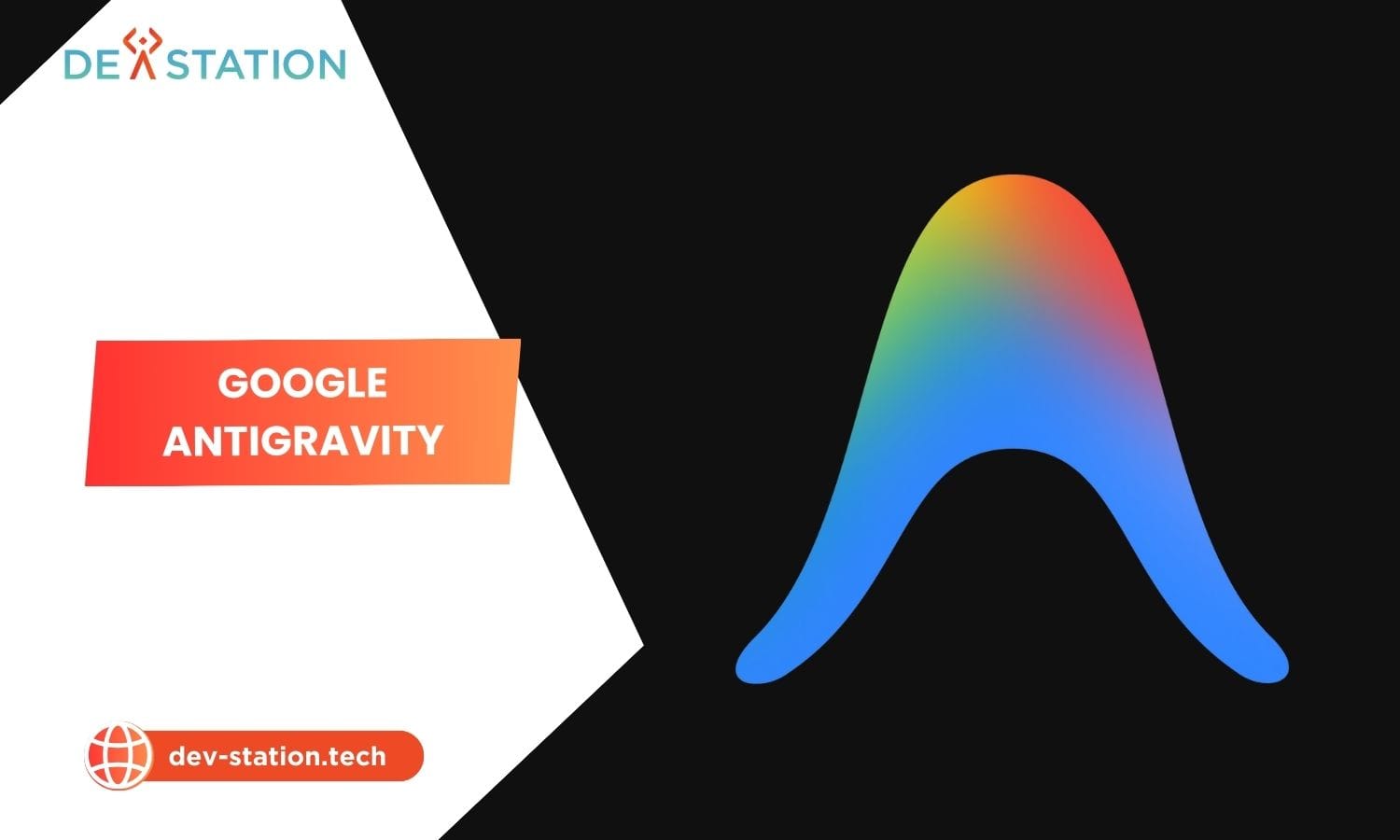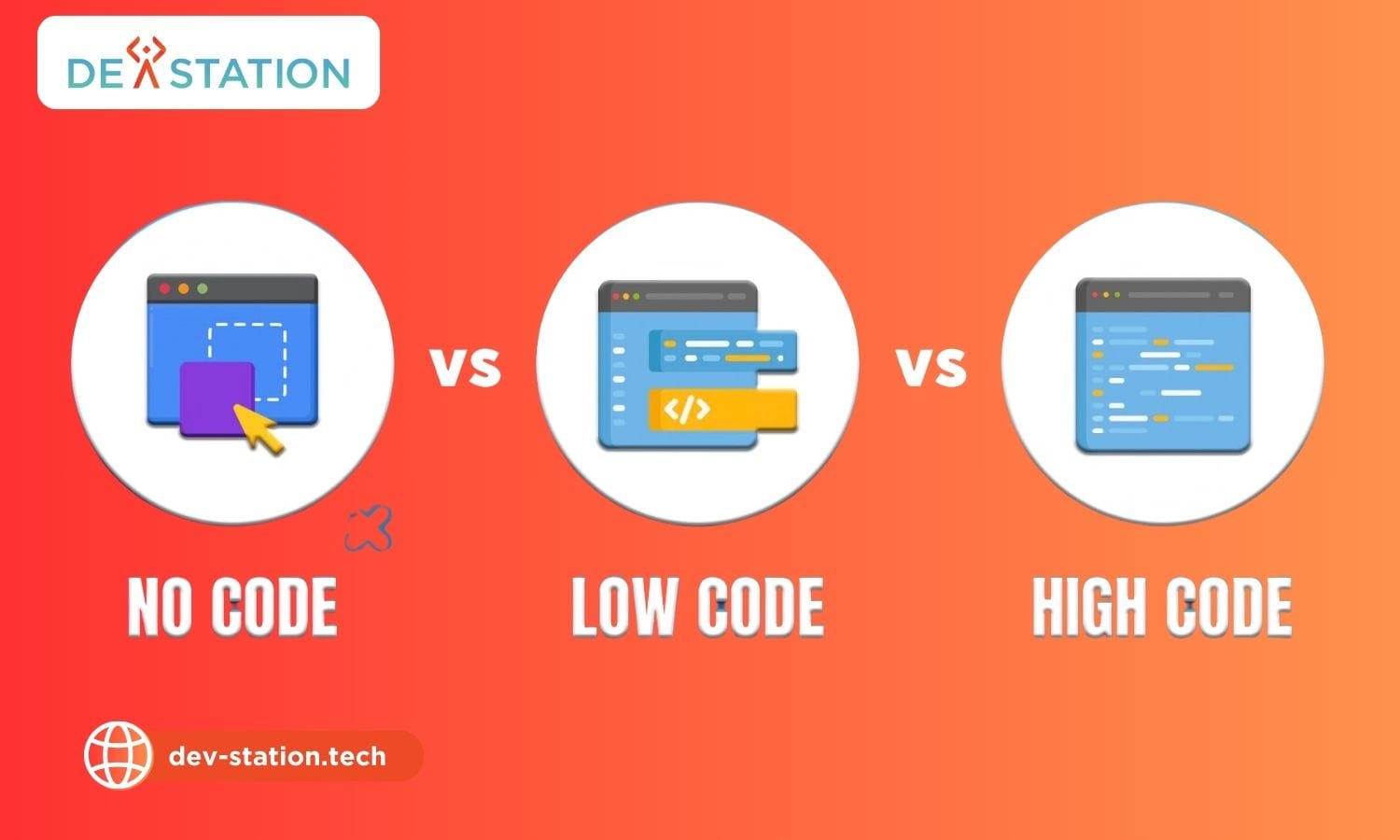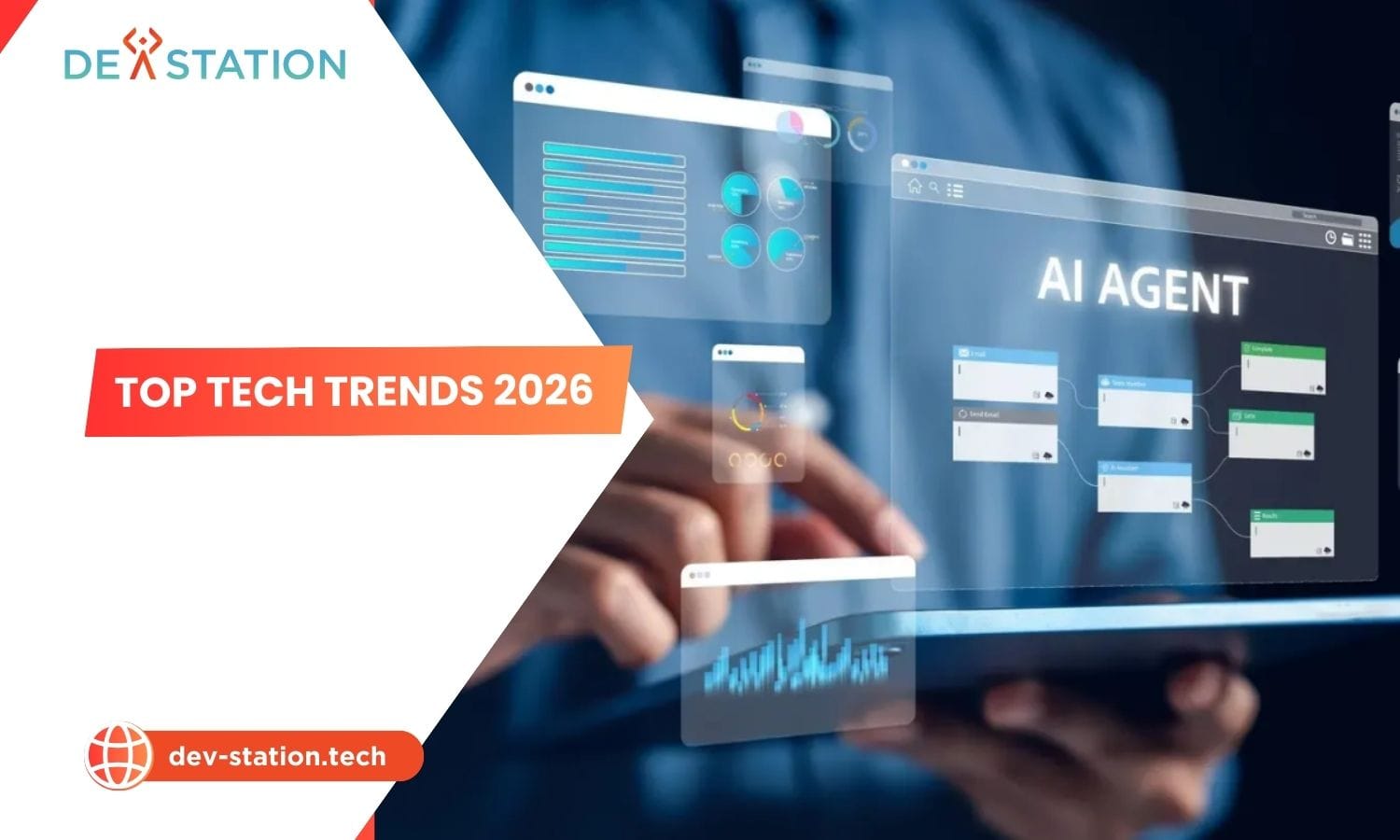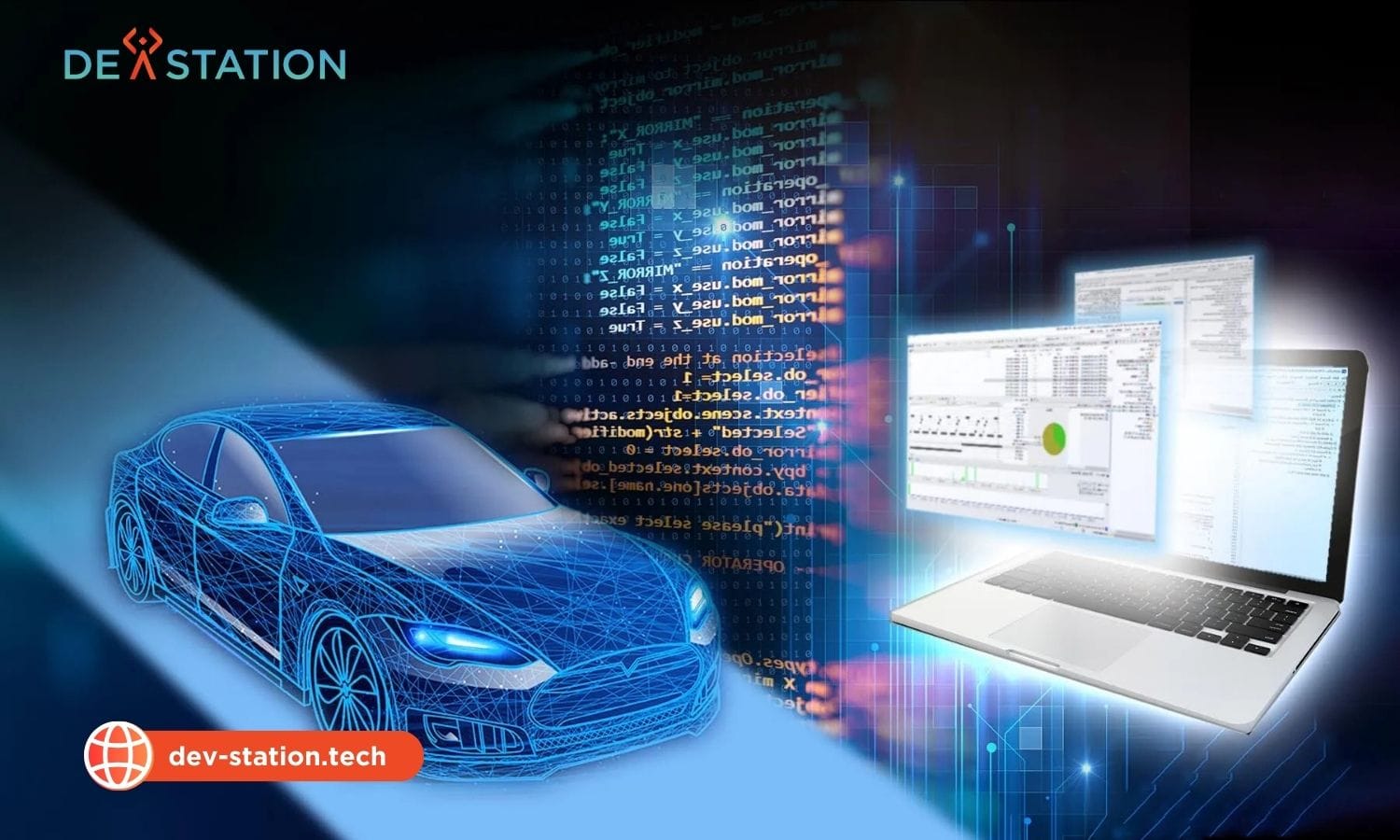On November 18, 2025, Google officially launched Google Antigravity, a next-generation integrated development environment (IDE) designed from the ground up for agentic AI. More than just a tool for developers, Antigravity represents a fundamental shift in how software will be designed, tested, and delivered in the era of autonomous AI systems.
In this article, Dev Station Technology breaks down what Antigravity is, how it works, and why it signals a new milestone in AI-augmented engineering.
Contents
ToggleWhat Is Google Antigravity?
Google Antigravity is an agent-first IDE that enables AI agents to autonomously perform end-to-end software development tasks. Instead of merely assisting developers, Antigravity allows AI to act as independent agents — capable of planning, executing, validating, and iterating technical tasks without requiring granular instructions.
Built on top of Visual Studio Code, the platform preserves the familiar developer experience while embedding a robust layer of autonomous AI capabilities.
Core agent abilities include:
Writing and refactoring code
Running automated tests
Debugging complex issues
Browsing the web for context or research
Generating documentation and summaries
Planning multi-step workflows
This evolution turns the IDE into a collaborative environment where human engineers and AI agents can work side-by-side.
Two Modes: Developer Mode + Agent Management
Antigravity offers two primary working modes:
1. Code Editing Mode
A standard VS Code-like environment where developers can view, adjust, and refine the work produced by AI agents.
2. Agent Management Mode
A new high-level coordination interface designed for:
Orchestrating multiple AI agents
Splitting tasks into parallel workflows
Reviewing agent actions, output, and logs
Ensuring alignment across complex development tasks
This dual-mode architecture enables teams to scale both human productivity and AI autonomy.
AI That Can Observe Itself: A Breakthrough Feature
One of Antigravity’s most impressive capabilities is AI self-observation.
Agents can automatically:
Capture screenshots
Record videos
Annotate actions
Document reasoning paths
Create step-by-step visual logs
This provides developers with unprecedented visibility into how an AI agent performs its work. Instead of “black box” operations, Antigravity ensures full transparency — making it easier to debug, audit, refine, or request adjustments.
For engineering teams, this means:
Clearer traceability
More reliable QA
Faster error resolution
Better collaboration between humans and AI
Multi-Model Support: Gemini, Claude, and Open Source
Google Antigravity supports an ecosystem of leading AI models, with Gemini 3 Pro as the primary engine. The platform also integrates:
Claude Sonnet 4.5 (Anthropic)
Various open-source LLMs
Specialized agentic frameworks
This flexibility allows teams to choose the best model for their needs or run hybrid workflows that combine strengths across multiple agents.
More Than an IDE: The Rise of Agentic Development
Antigravity goes beyond AI-assisted coding. It introduces a new paradigm: AI agents functioning like autonomous software teammates.
These agentic systems can:
Interpret goals (“Build a login system with OAuth”)
Break tasks into subtasks
Execute development steps
Validate their own outputs
Repeat until the goal is achieved
This brings the industry closer to AI-native software development, where humans set direction, and agents handle execution.
Why Google Antigravity Matters for Engineering Teams
At Dev Station Technology, we view Antigravity as a foundational shift — particularly for organizations building long-term digital solutions, cloud systems, or IoT platforms.
Antigravity accelerates:
Development speed: Agents reduce manual workload and context switching
Quality and reliability: Continuous validation improves code integrity
Documentation: Auto-generated logs and annotated workflows
Scalability: Parallel agents working in coordinated pipelines
For teams adopting Offshore Development Centers (ODCs) or modernizing enterprise systems, this technology unlocks new efficiencies and development models.
The Future of AI-Driven Software Development
Google Antigravity marks the beginning of a new engineering era where:
Human developers define goals
Autonomous agents execute
Systems self-document
Software development becomes faster, more transparent, and more scalable
As agentic IDEs evolve, businesses will increasingly rely on mixed human–AI teams to deliver software with unprecedented speed and accuracy.
Dev Station Technology’s Perspective
As a company specializing in AI-powered software development, IoT solutions, cloud engineering, and ODC setups, Dev Station is ready to help businesses leverage technologies like Google Antigravity to build smarter, faster, and more scalable systems.
Whether you’re looking to implement AI-driven development workflows or explore autonomous testing, Dev Station can support your journey.
👉 Explore AI-driven development with Dev Station Technology
Let’s build the next generation of intelligent software together.





